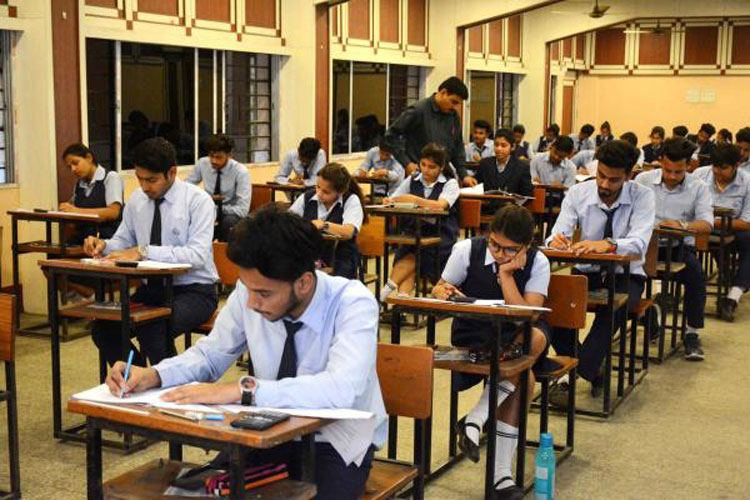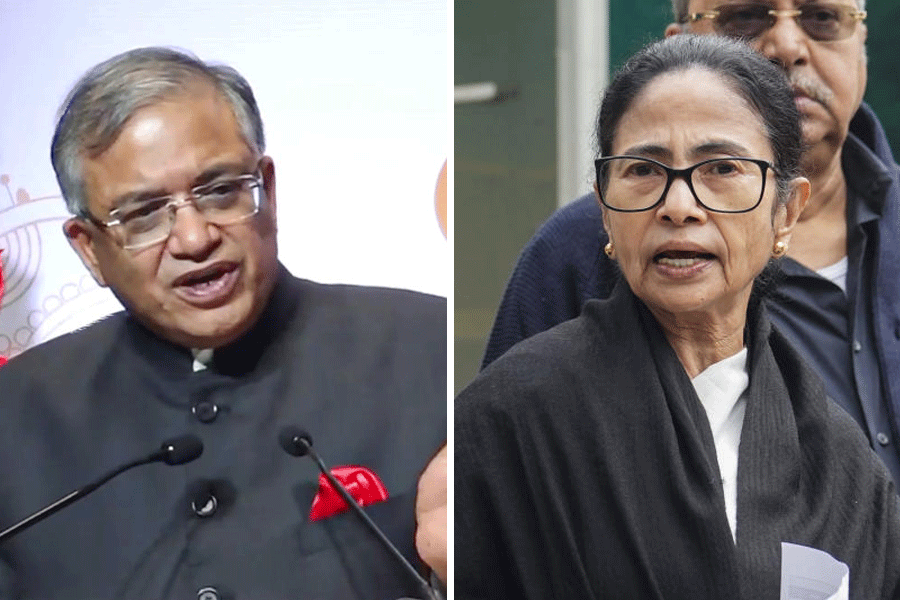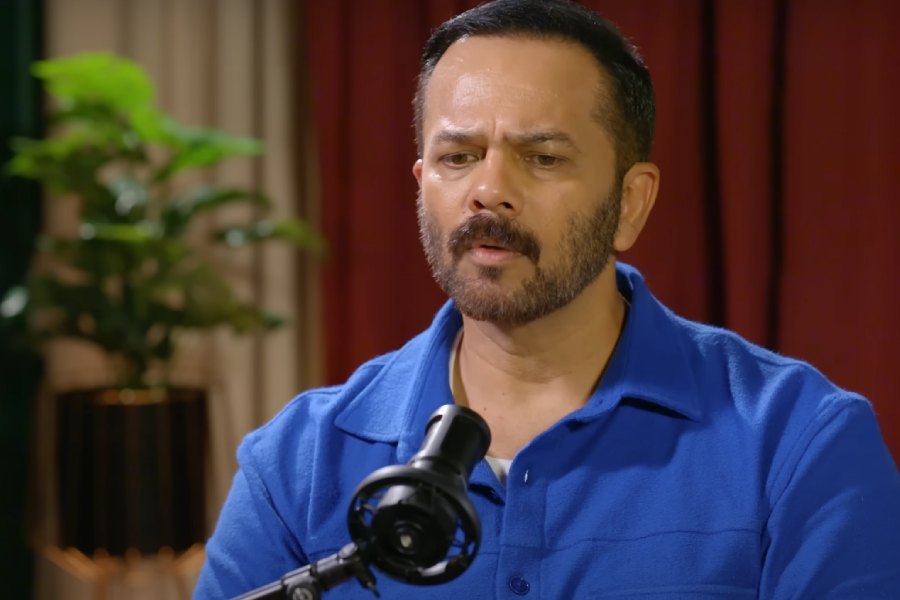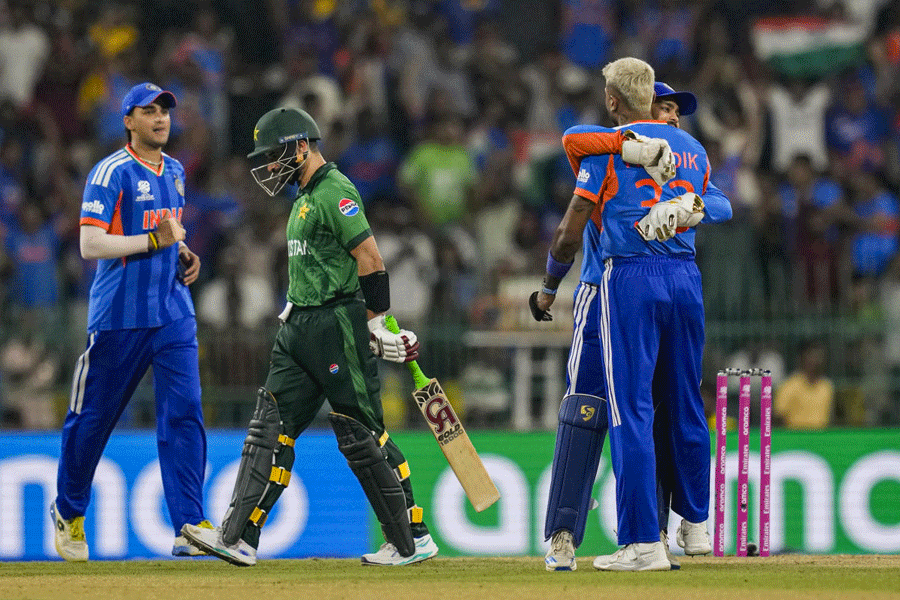The Supreme Court on Monday cited children’s education as being more important than electioneering while refusing to entertain a petition filed by the Bengal unit of the BJP, challenging the constitutional validity of a 2013 order by the Mamata Banerjee government that bans the use of microphones during the school board exams between February and mid-April.
The bench of Chief Justice Ranjan Gogoi and Justice Sanjiv Khanna also declined the plea by senior advocate Mukul Rohatgi, seeking permission to approach Calcutta High Court. “It’s a 2013 notification and you are challenging it now?” chief Justice Gogoi asked the BJP’s counsel.
Rohatgi argued that the petitioner was prompted to challenge a notification dating back to 2013 because it would potentially interfere with canvassing for the general elections, the schedule for which has yet to be announced.
The senior advocate said that the impugned notification also interferes with the concept of fundamental right to free speech that is guaranteed by Article 19 of the Constitution. Chief Justice Gogoi countered the argument with: “This is the time when children are preparing for exams. That’s more important.”
The bench proceeded to dismiss the petition even as the BJP’s counsel urged it to grant permission to approach the high court in Calcutta.
“You want to withdraw, withdraw it. But we can’t give you liberty to approach the high court,” Chief Justice Gogoi said.
Rohatgi then sought permission to withdraw the petition, which was acceded to. This means that the BJP cannot again move the high court against the same notification (EN/326/T.1V-6/001/2007 (PT-I), dated February 5, 2013). The ban on using microphones in public places during the duration of the school board exams is under the provisions of the Environment (Protection) Act, 1986, and Noise Pollution (Regulation and Control) Rules, 2000.
The BJP, which is locked in a tussle with the Mamata government in the wake of the CBI-Calcutta police row over the questioning of police commissioner Rajeev Kumar, had argued that the 2013 rule was intended to “prohibit legitimate political activities within the state”.
“…the present writ petition…seeks to assail the constitutional validity of the government order…issued by the government of West Bengal purporting to be in exercise of powers under the Environment Protection Act and Noise Pollution (Regulation and Control) Rules to achieve a collateral purpose i.e. to prohibit legitimate political activities within the state.
“It is respectfully submitted that the impugned government order is patently overboard and designed to create impediments in the activities of the Bharatiya Janata Party — a national political party which has a significant presence in the state of West Bengal, for building up public support for the ensuing elections which have to be held no later than May 2019,” the petition, filed through advocate Swarupama Chaturvedi, said.
The BJP had pleaded that the impugned notification, in its operation during the period proximate to elections, operates way beyond the legitimate purview of environment laws in general and the environment act in particular.
“The excessive restriction is, therefore, illegal and violative of Article 14 (Right to Equality) because it lacks the authority of law. But even if it is held to fall within the protection of environment protection and violative of Article 14 — because it is facially (manifestly arbitrary) for the reason that it does not even attempt to balance the competing constitutional rights” the petitioner said.
The party also submitted that imposing such a restriction was tantamount to violation of the rights guaranteed under Article 19, relating to freedom of speech and expression. “…The right to free speech guaranteed under Article 19 encompasses right of members of a political party to canvass their points of view and seek public support in the face of an imminent general election…. The de facto effect of this notification is to completely prevent the organising of rallies — one of the most common ways of canvassing public support and communicating to the voters.”










